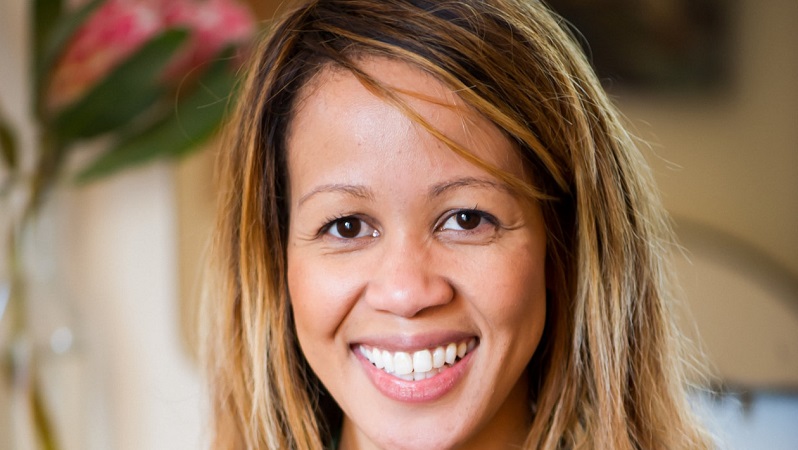South Africa’s esports scene is set for a major showdown as Hyprop and MTN introduce SHIFT COD, a Call of Duty tournament forming part…
Tech platforms can help us stay connected to our humanity [Opinion]

One of the biggest fears around technology is that it robs us of human interactions. While that might not always feel like the worst thing (as anyone who’s used an app to order fast food after a big night out will attest), there’s a growing sense that tech is making us more isolated and lonely.
It’s an easy conclusion to draw, especially if you look around at a restaurant and see how many families are hunched over their individual screens, with no one engaging in conversation.
What this sentiment ignores, however, is the role technology can play in bringing people together, especially in emerging markets. Even more significantly, it ignores tech’s capacity to elevate people who for too long have been rendered nameless and faceless by their professions.
Tech platforms can help bring people together, especially in emerging markets
Some of the best examples of this can be found in the on-demand space, ironically a sector which often cops a lot of flak for isolating people.
Connect on a ride
Take Uber, for example. Any time you order a ride, you get information about how long it’ll take for a car to get to you, what the car looks like, and what it’s number plate is.
Most importantly though, you get their name and a photograph of their face. Before you even get into the car, you already know more about your driver than if you’d hailed an ordinary taxi-cab on the side of the road.
Once you know your driver’s name, you have a chance to find out more about them, where they’re from, why they’re driving, and what their future hopes and aspirations are. Sure, you could sit in silence in the back seat on your phone, but that’s on you.
Connect through Airbnb
Similarly, Airbnb allows you to book a holiday without having to deal with a travel agent, bringing an added level of convenience.
But it also allows someone from New York for example, who wants an authentic experience, to connect with an emerging entrepreneur in Langa, Cape Town, learning far more about the culture in the city and suburb than they likely would if opting for the typical historical hotel stay.
Without the Airbnb platform, the entrepreneur in Langa would never have had the infrastructure or marketing budget to attract this lucrative business opportunity.
This single connection can also foster many more connections, benefitting people who might have been rendered invisible by the traditional tourism industry.
Encouraging human connection
These kinds of interactions have informed a lot of our thinking at SweepSouth.
Unlike traditional cleaning services, our SweepStars aren’t anonymous “helpers” or “cleaners”. When you book a cleaning session, we always give you your SweepStar’s name and a professional profile picture, as well as a bio that details hobbies, hopes, and aspirations.
It’s one of the simple things we’re doing to professionalise an industry that has been informal and not regulated for too long, but also try to encourage more human connections between people.
Domestic workers have historically not been able to negotiate an hourly wage – there tends to be a “whatever-madam-is-willing-to-pay” attitude among many. A kind of regional day rate may emerge thanks to social media sharing – but it’s one the domestic worker has no say or control over.
With a regulated hourly rate, however, consumers are reminded that every hour of a domestic workers time is valuable. Every single hour. No domestic worker should have to hang around waiting for her employer to get home when they are working late, sacrificing time with her own family.
Worse still, to have to grin and bear it when her employer can’t pay her on time, or needs her to hang around to watch the kids, without any additional remuneration. That wouldn’t fly in the corporate world and there’s no reason it should in the domestic space. It’s a lot easier for people to remember that when they’re paying by the hour.
Added benefits
Our hope isn’t to destroy a traditional industry, but to improve it, giving its workers a greater sense of freedom, independence, and professional respect. The impact of this elevated level of connection between consumer and independent contractor is already evident.
The best on-demand platforms now provide their contractors with things like basic life insurance, training on how to get the most out of the platform, and educational opportunities so they can further their learning and skill-sets.
In many cases, these additional benefits come as the result of partnerships with similarly disruptive players in other industries.
And as more and more entrants enter the on-demand space, consumers and service providers alike will flock to the ones with the best offering, reputation, and opportunities for connection.
Aisha Pandor is the CEO and co-founder, SweepSouth

